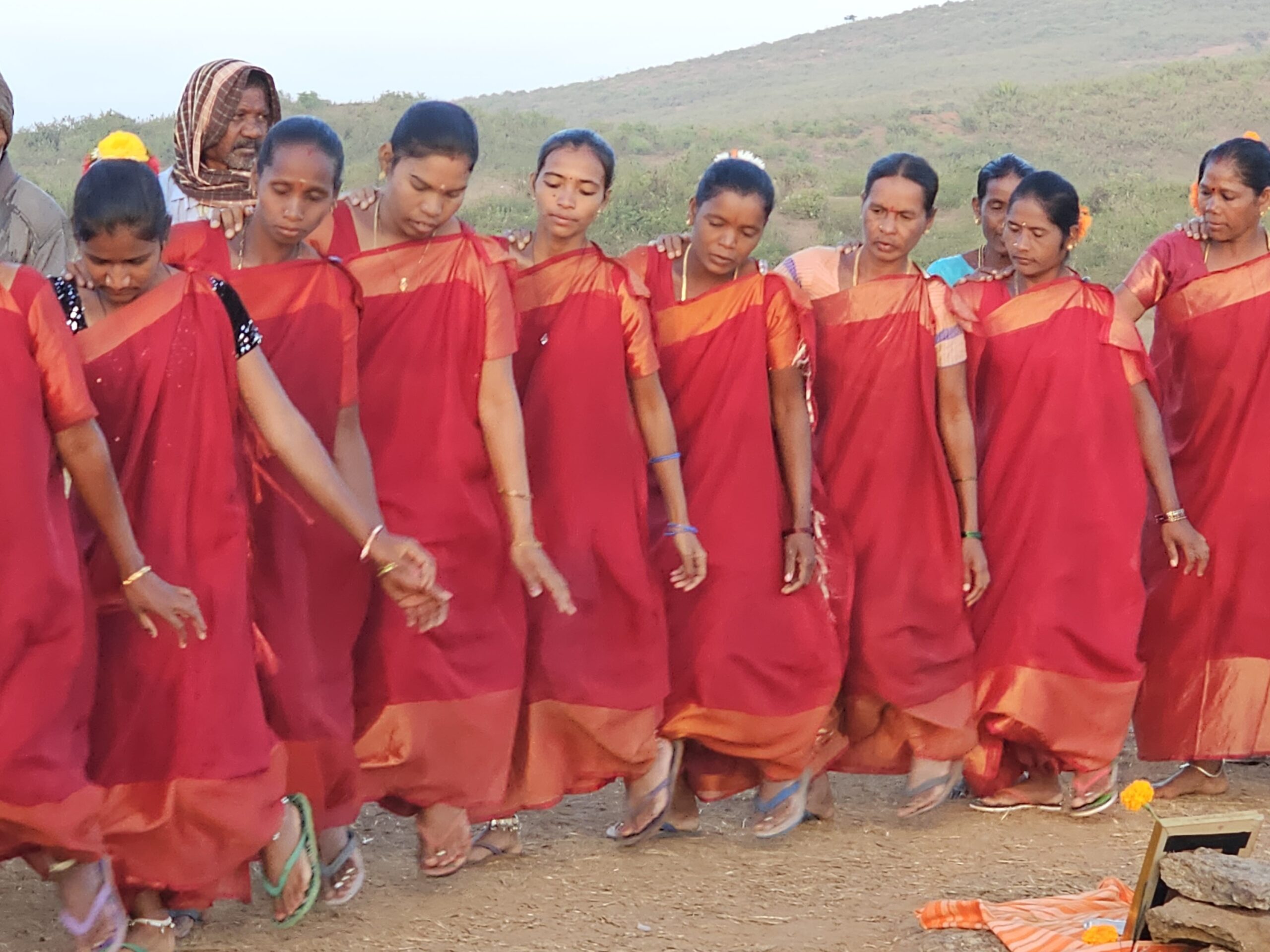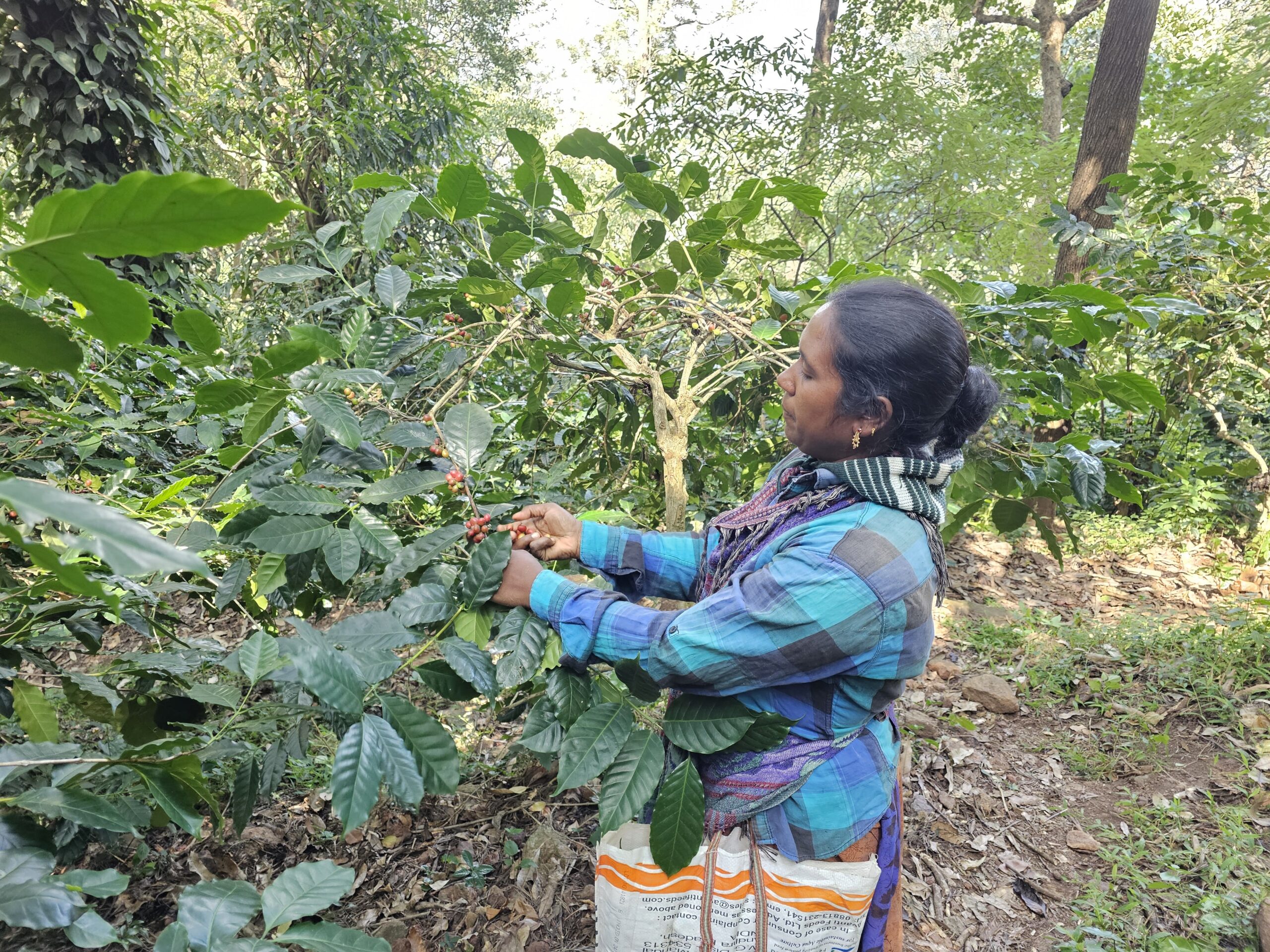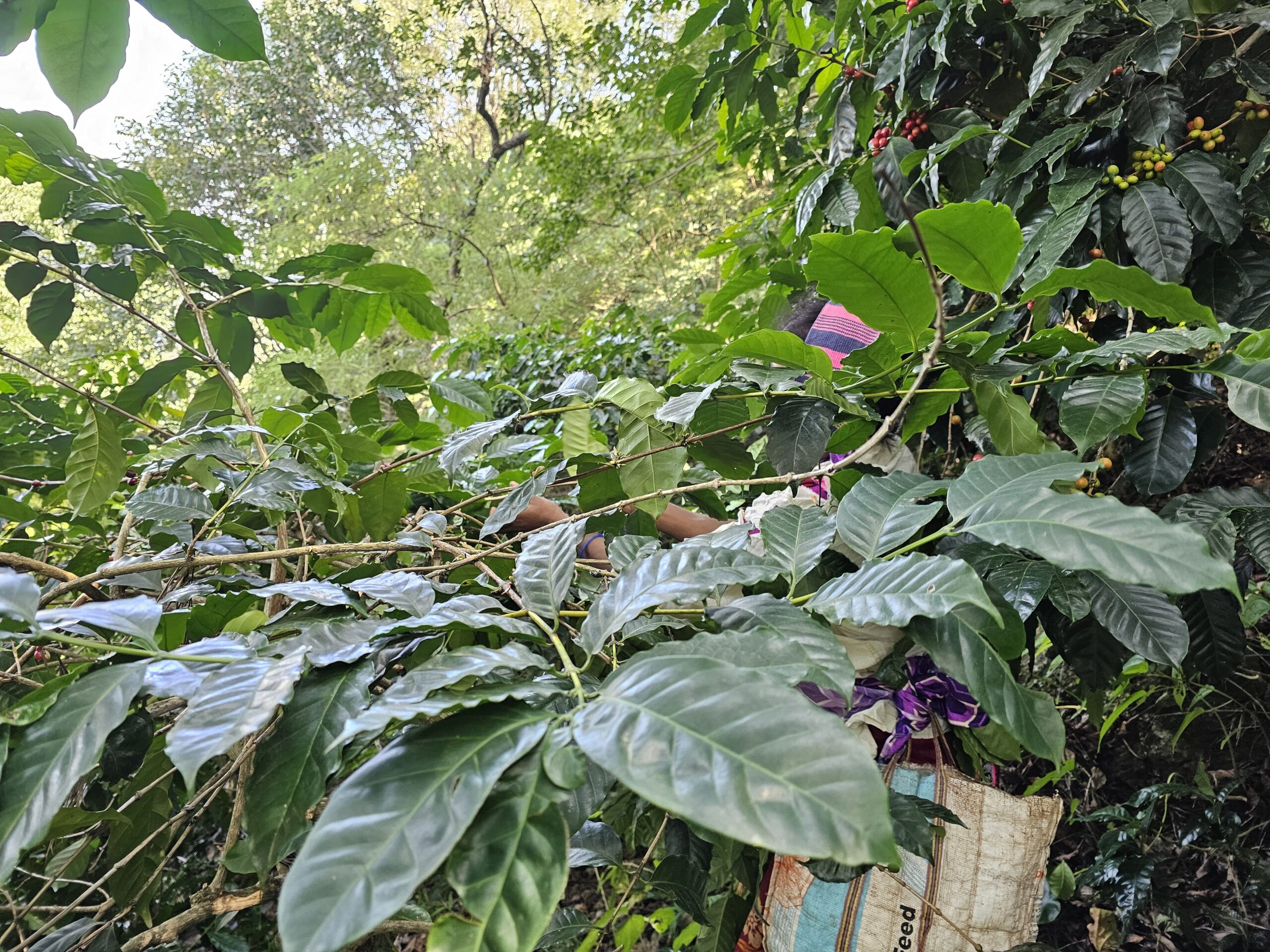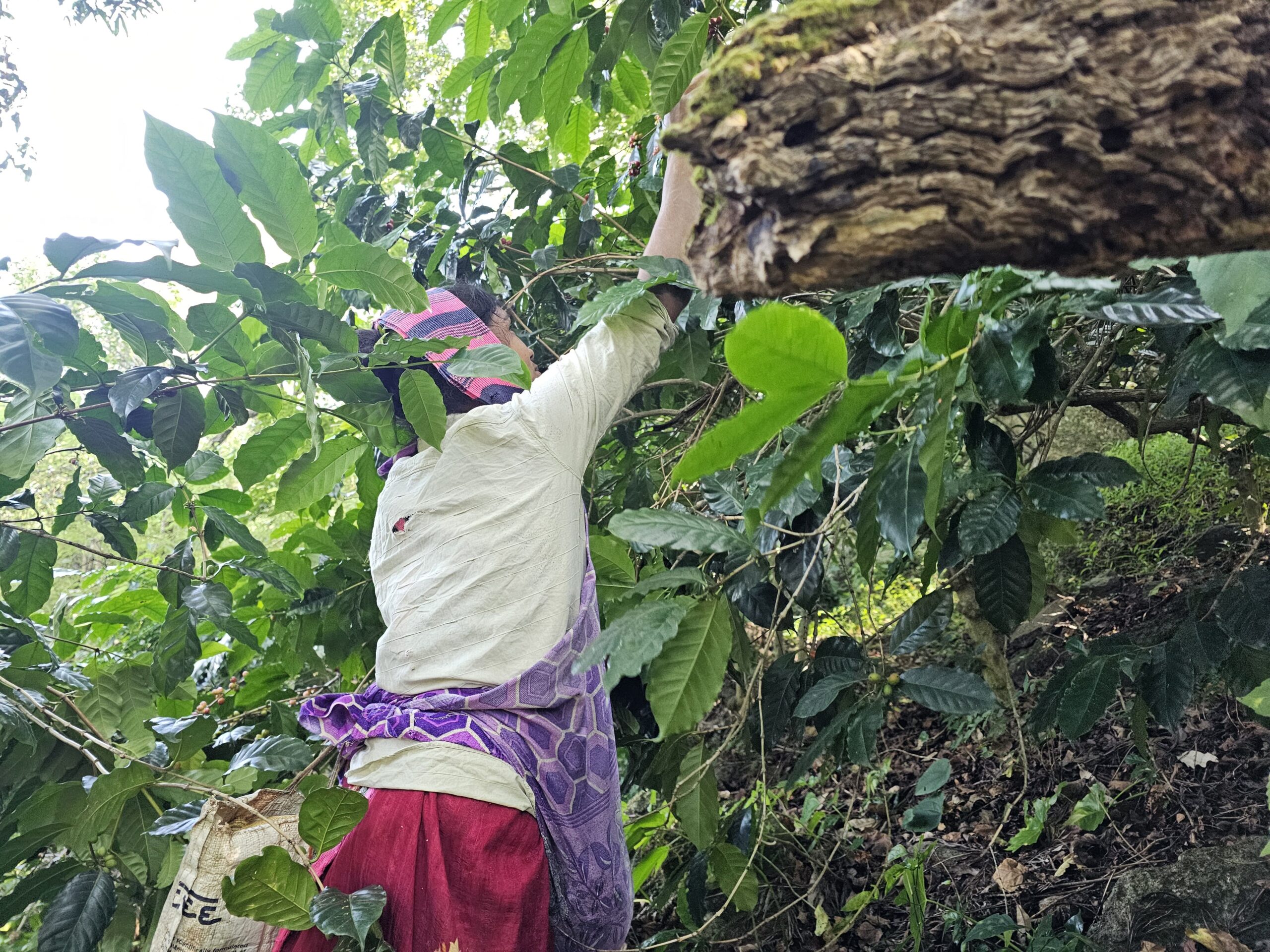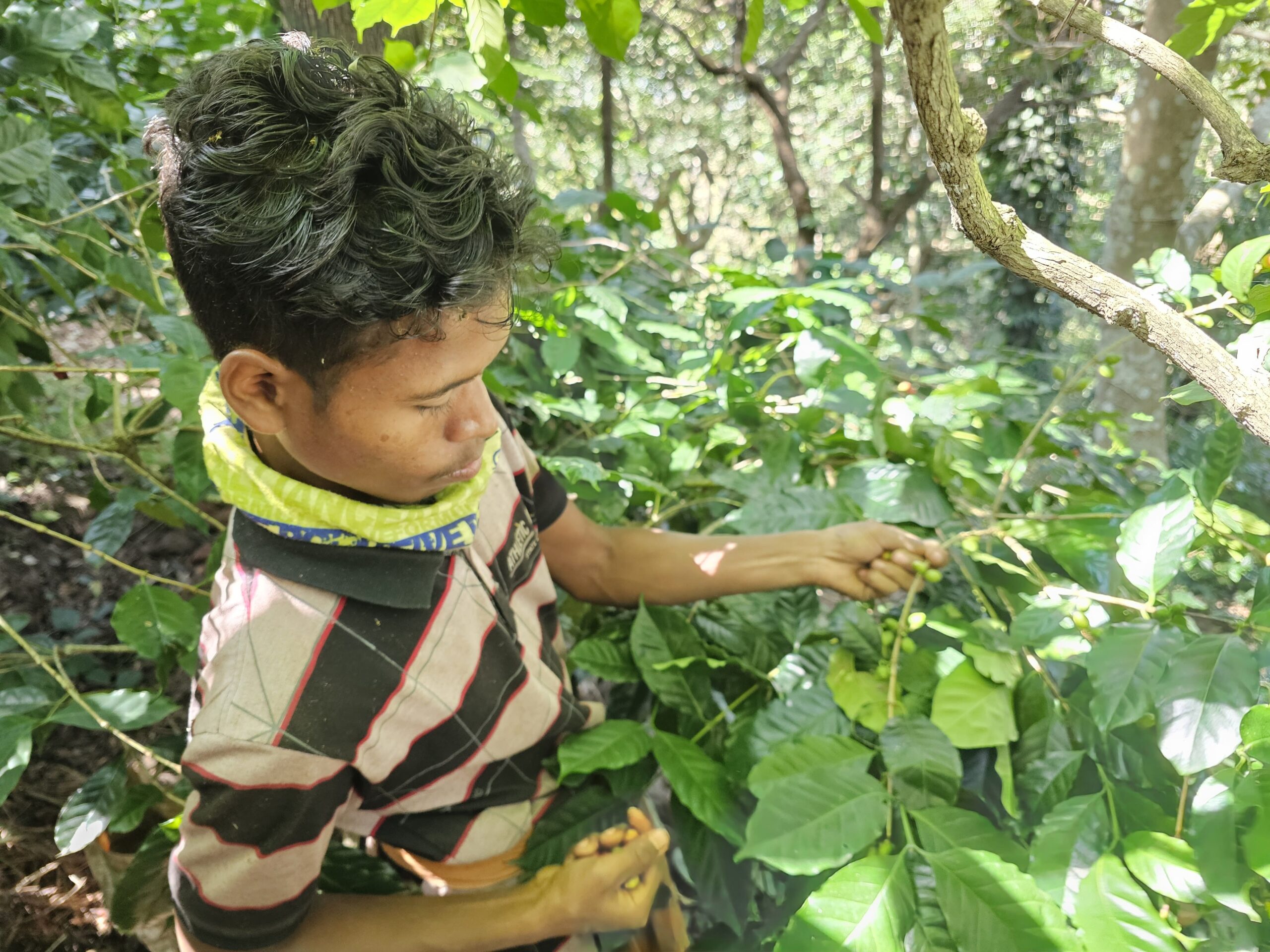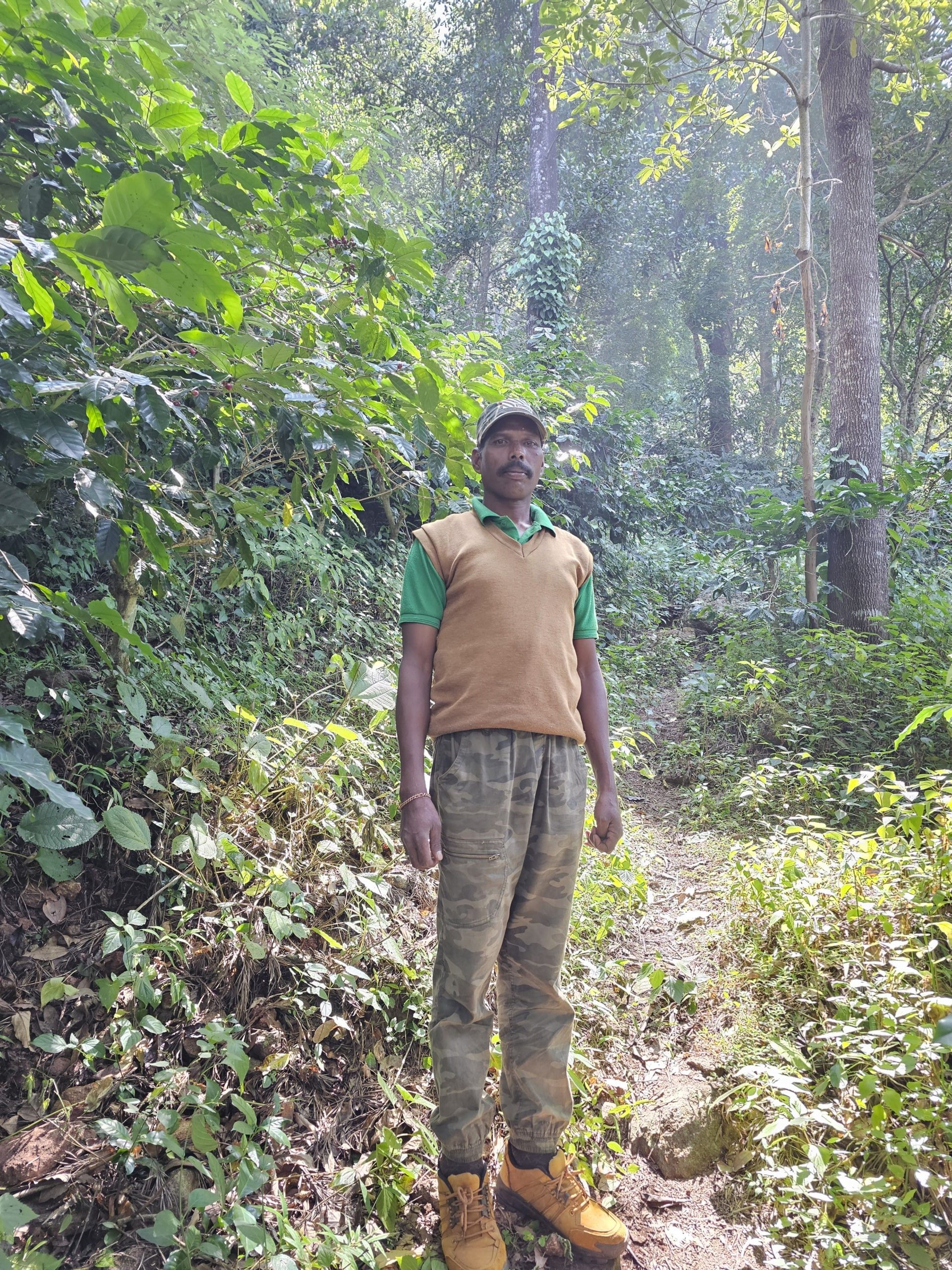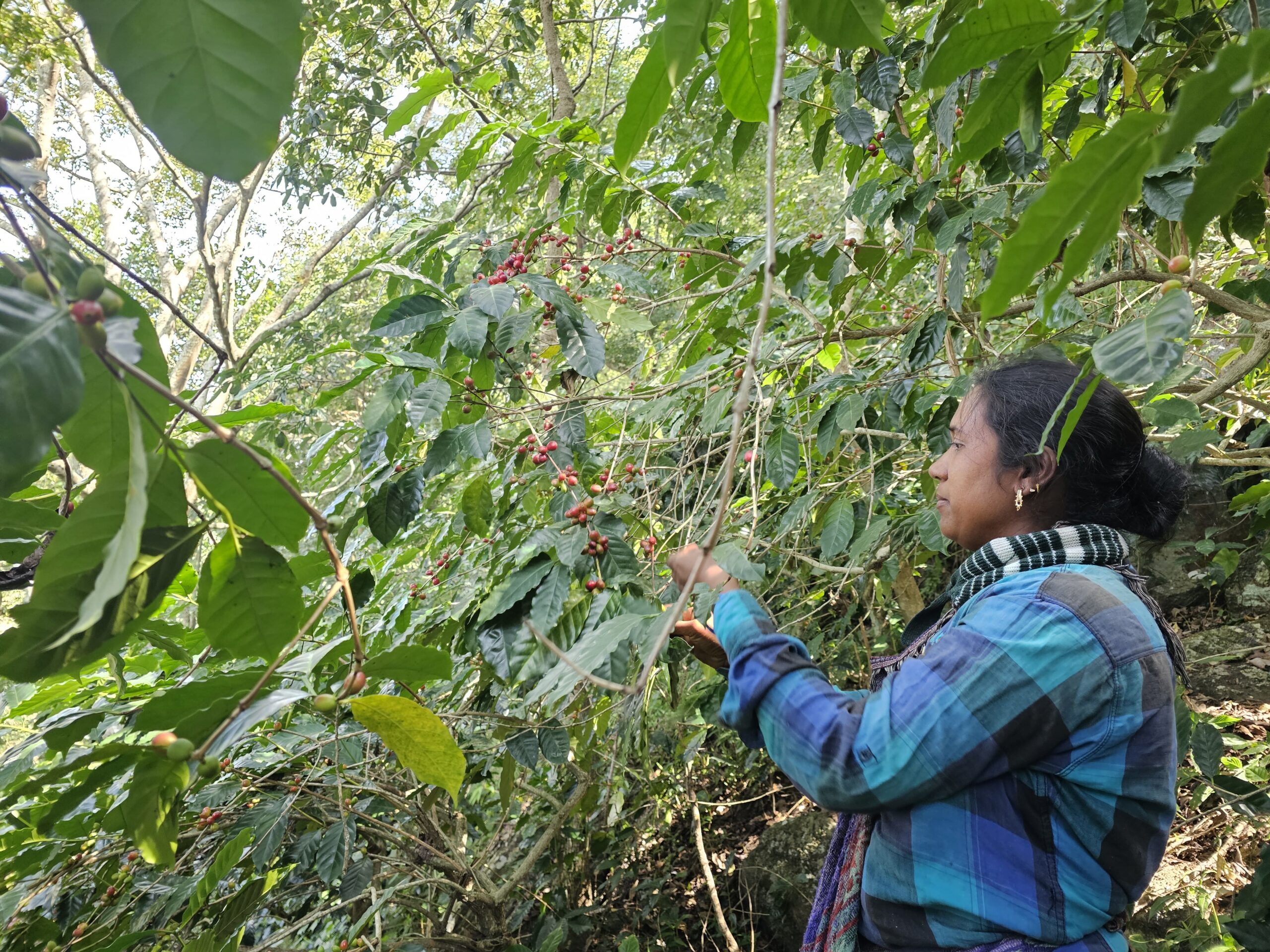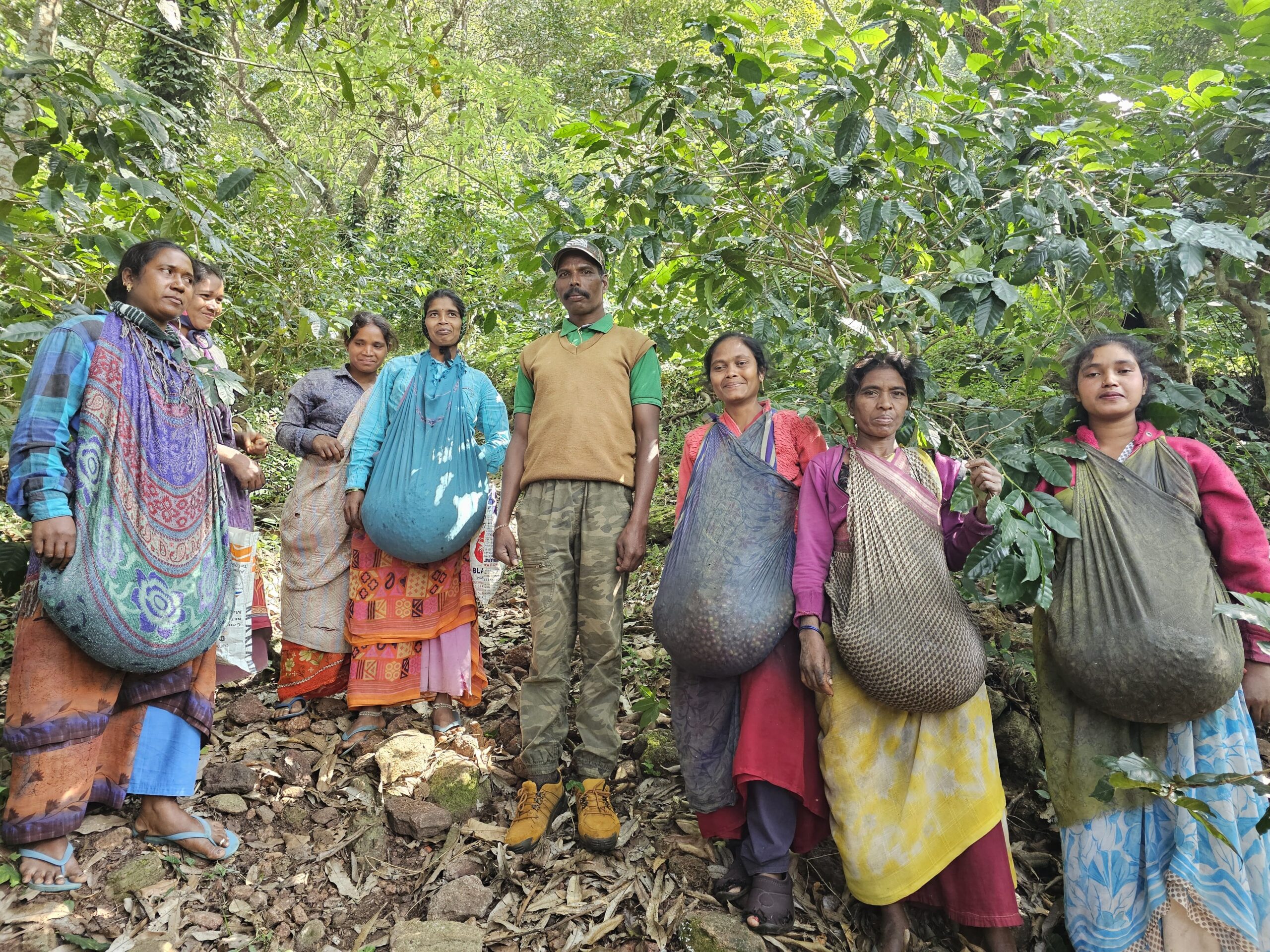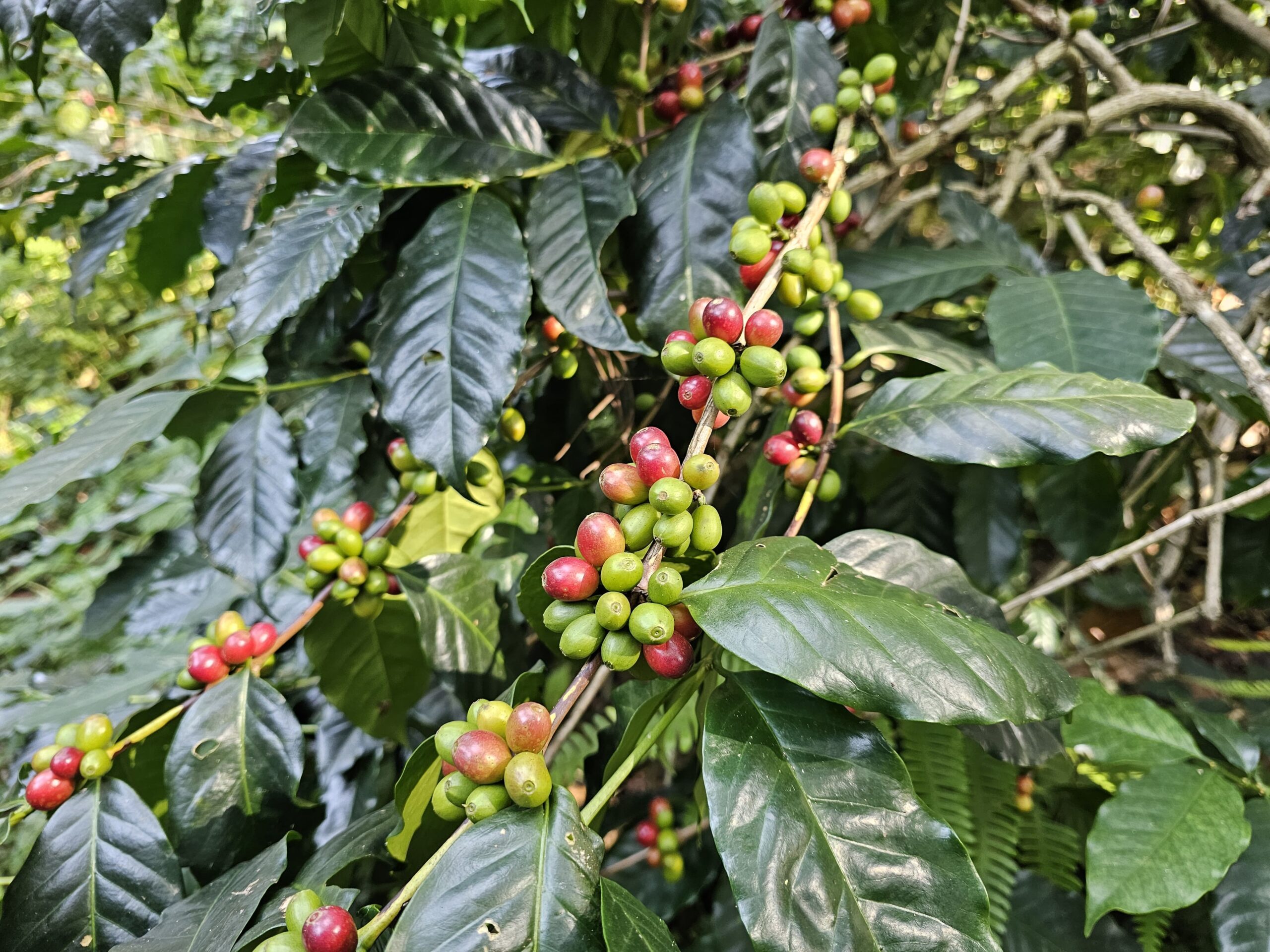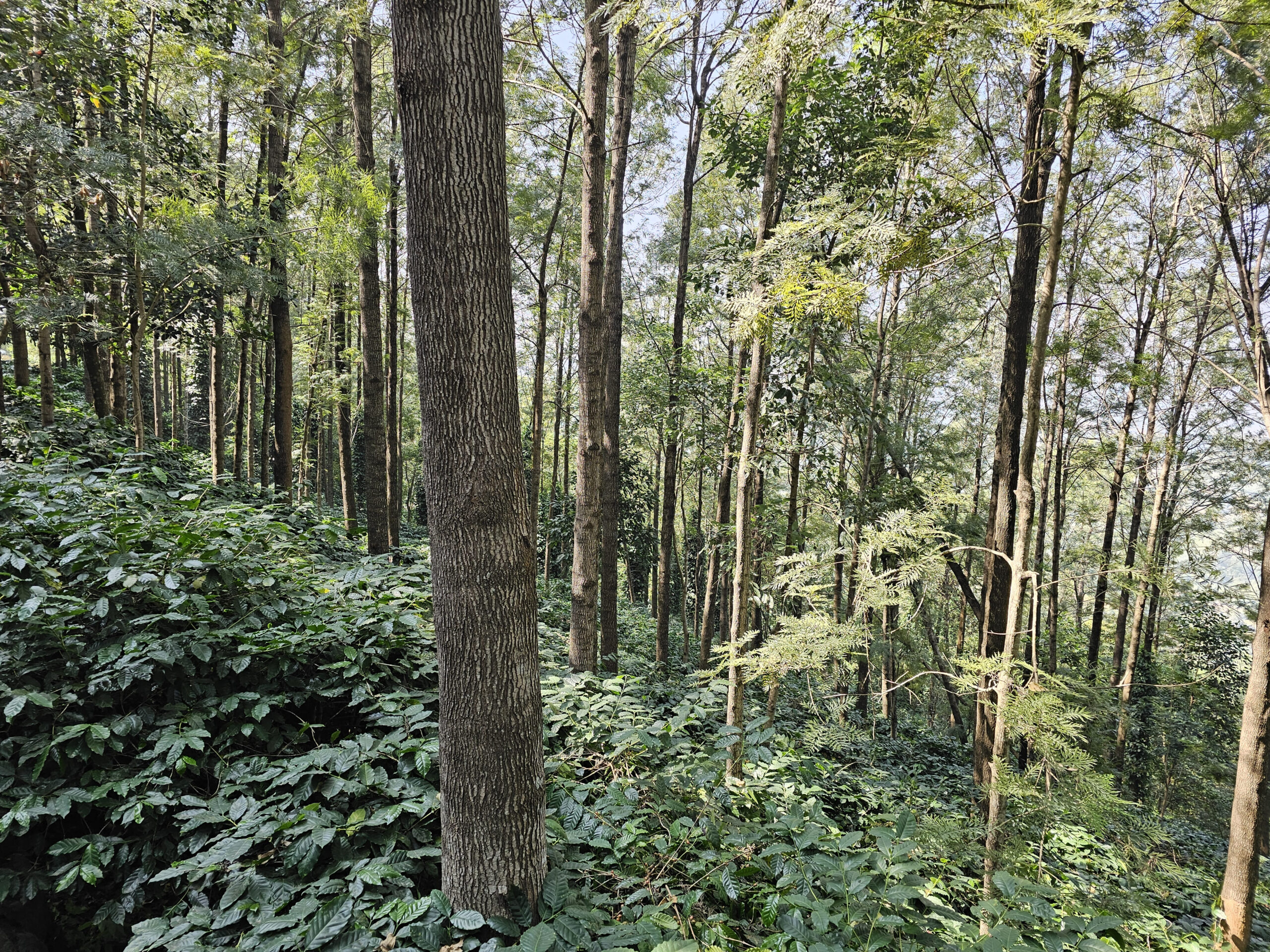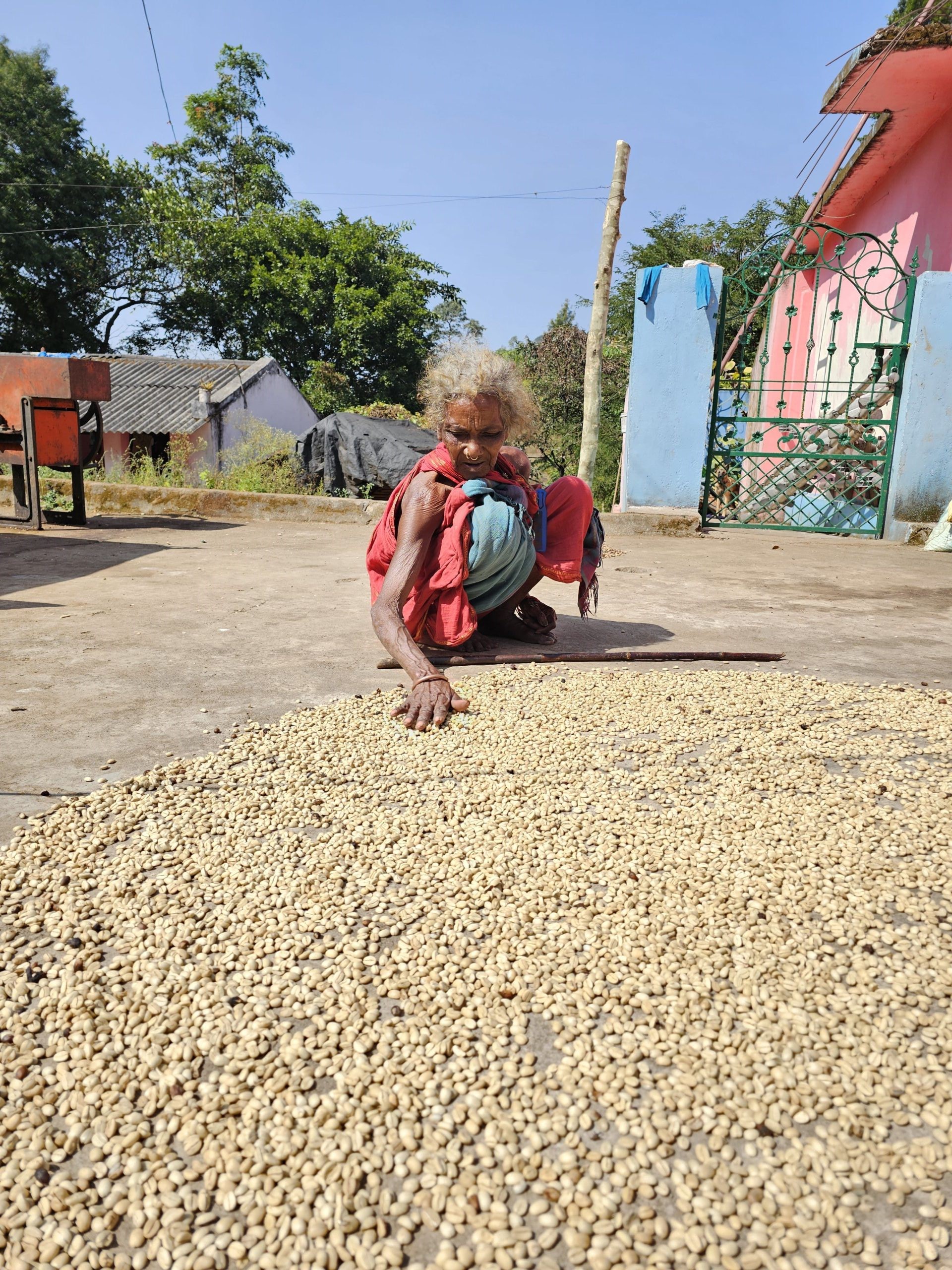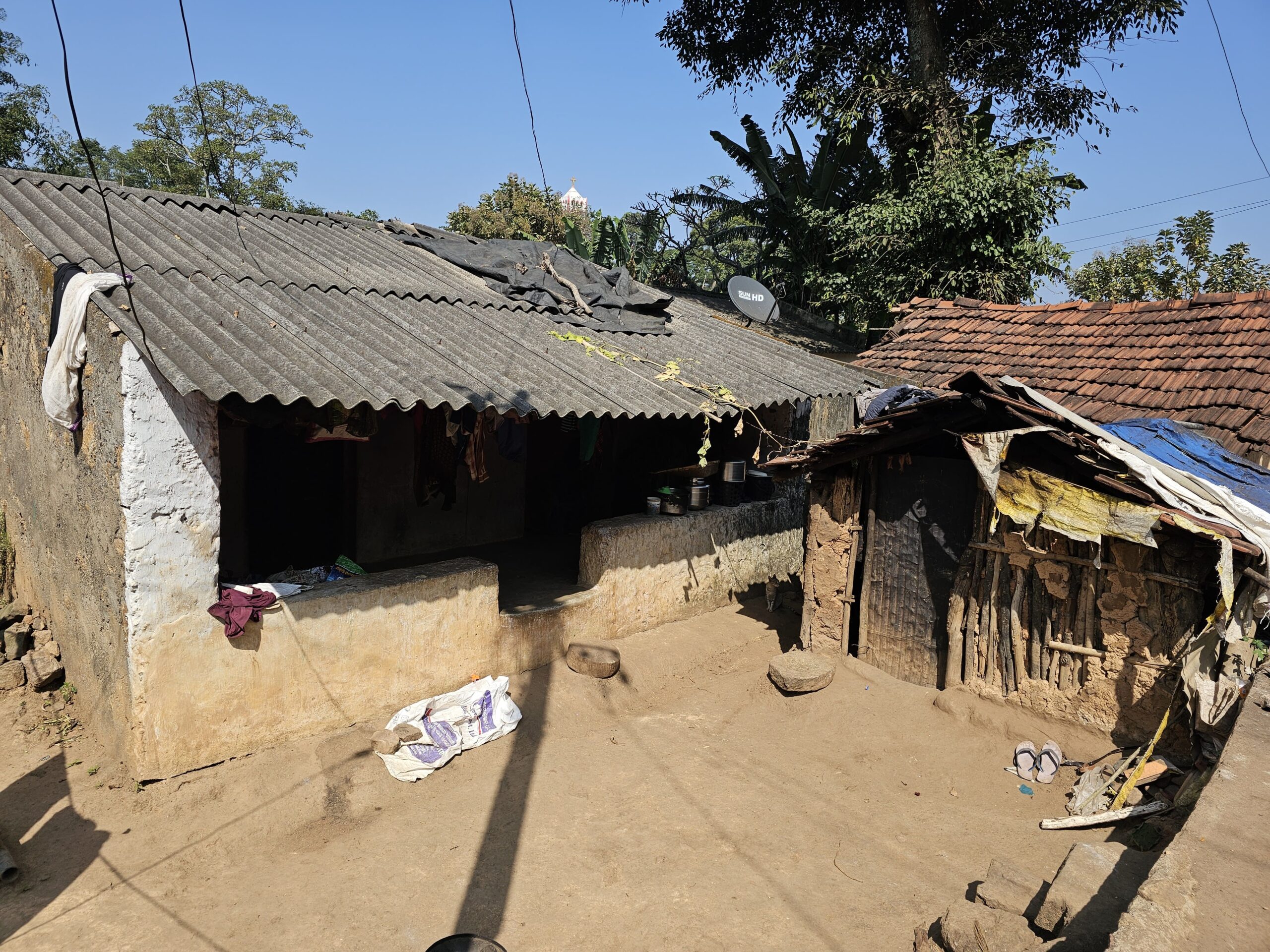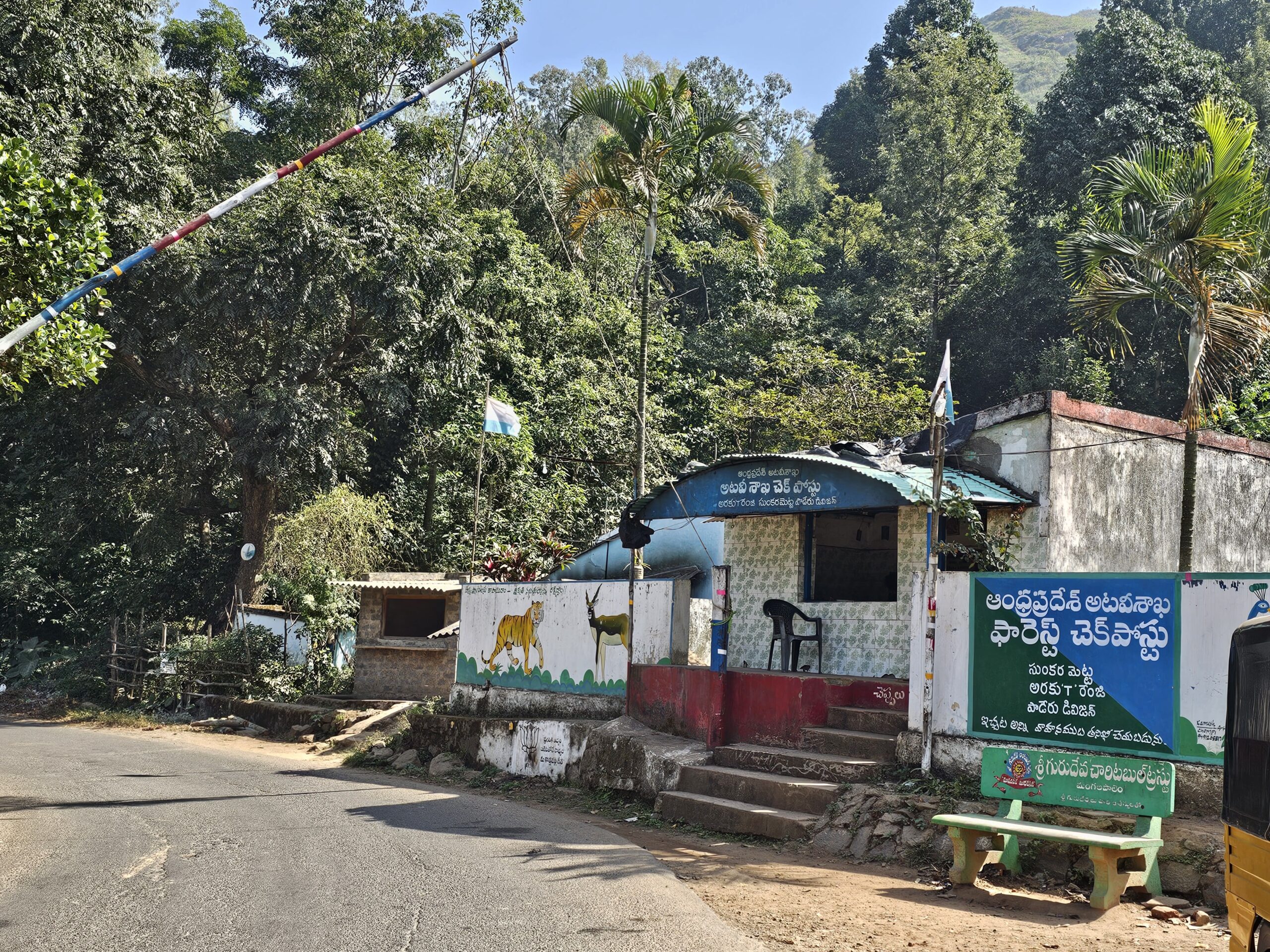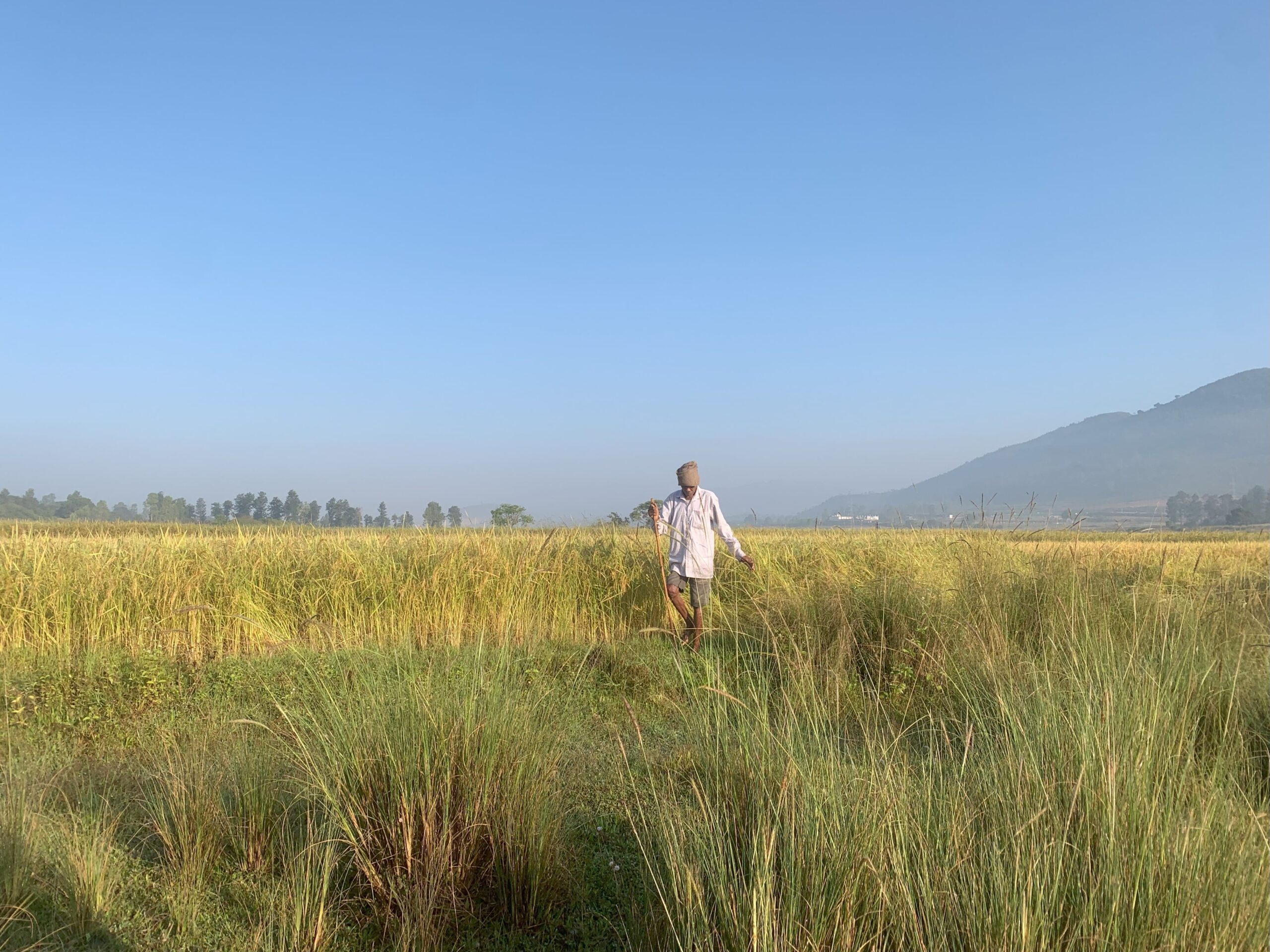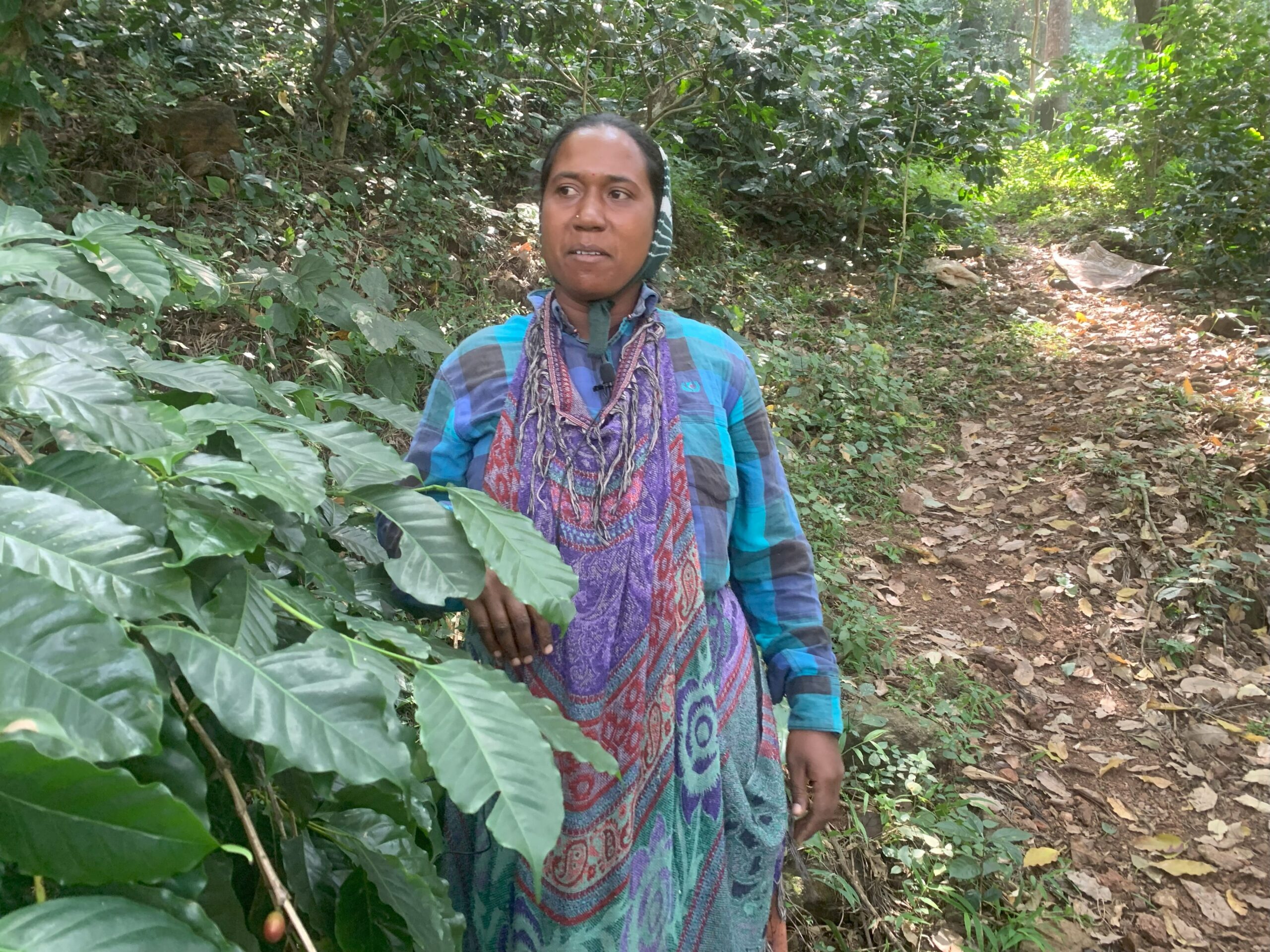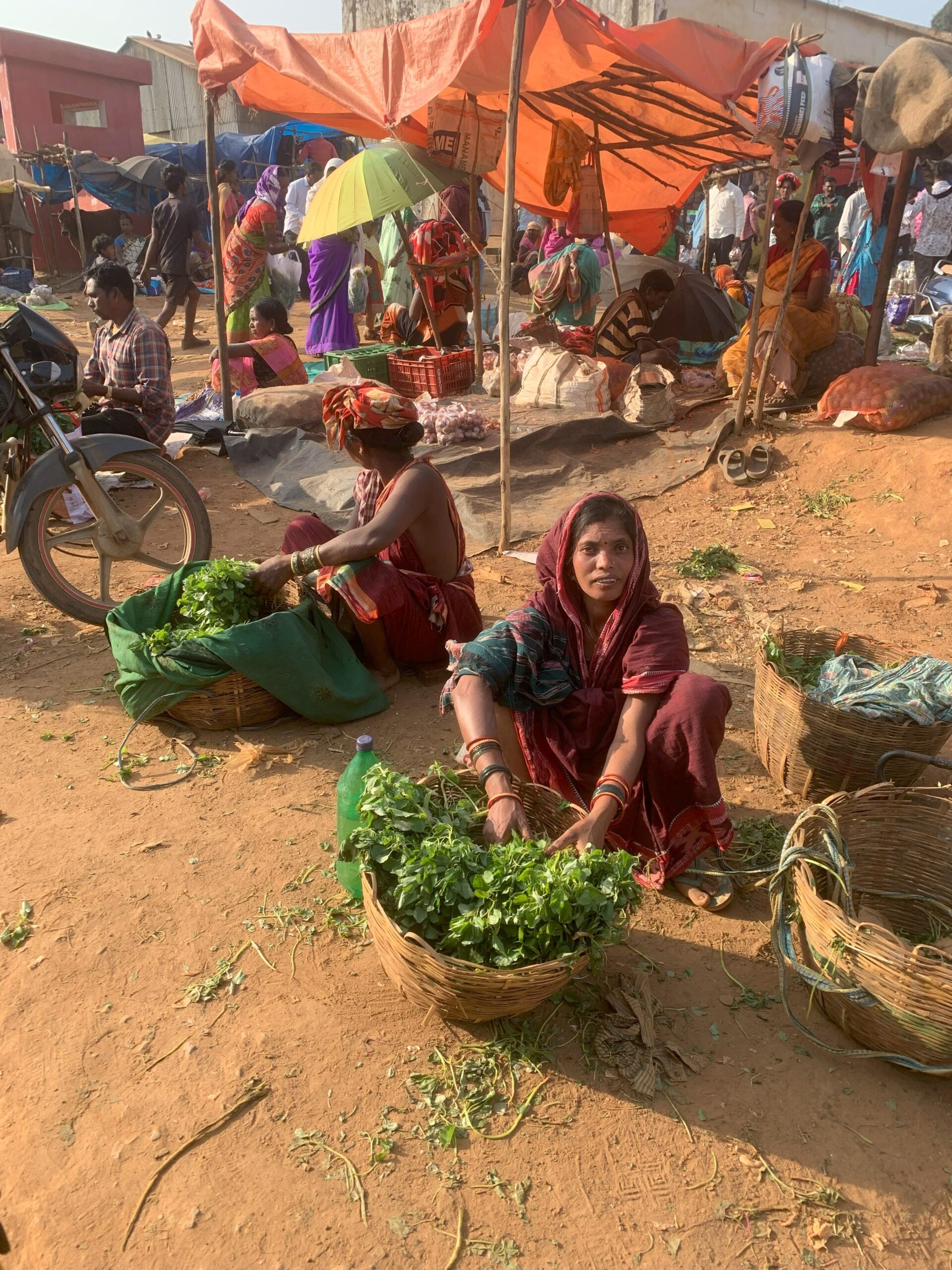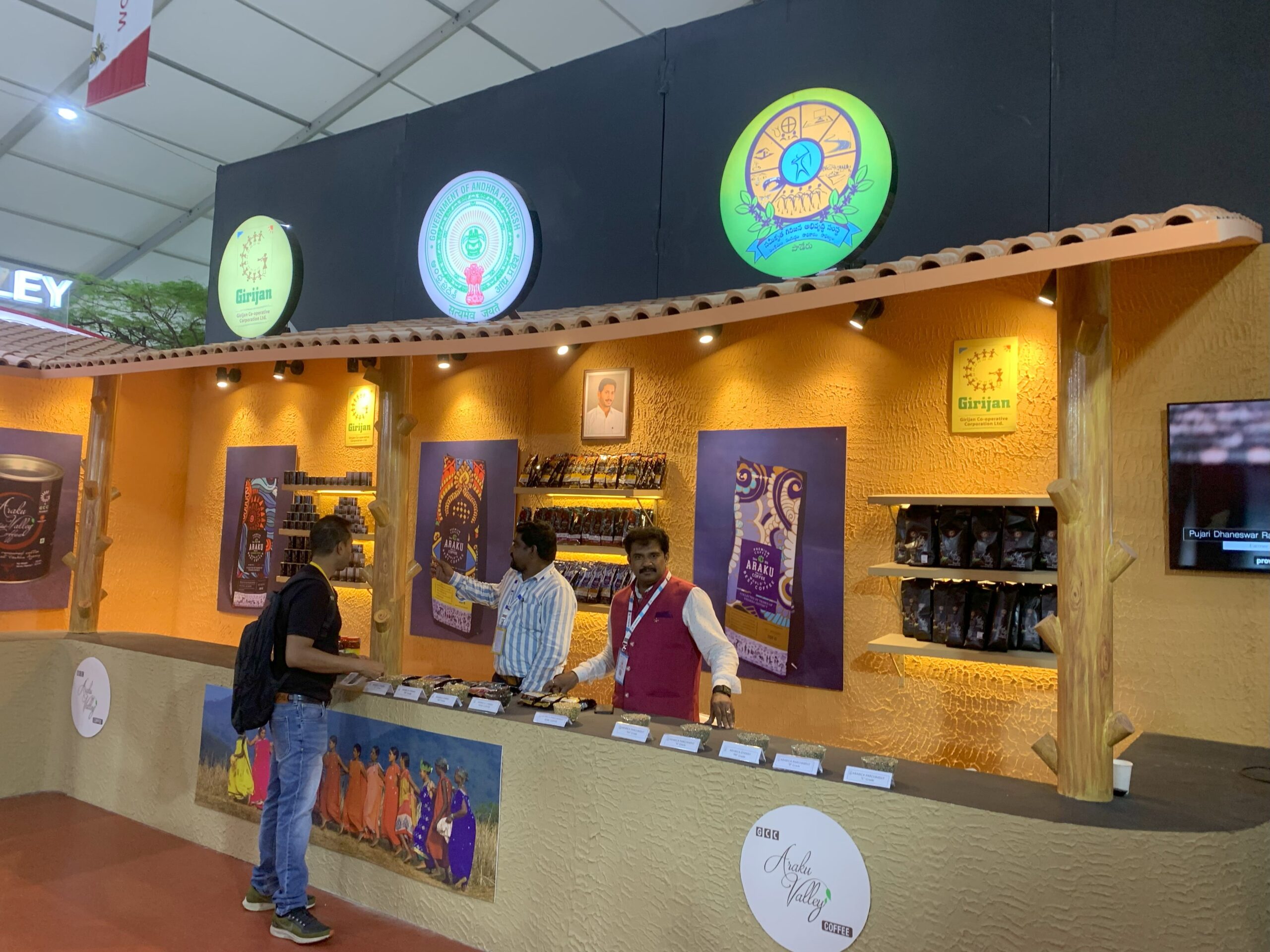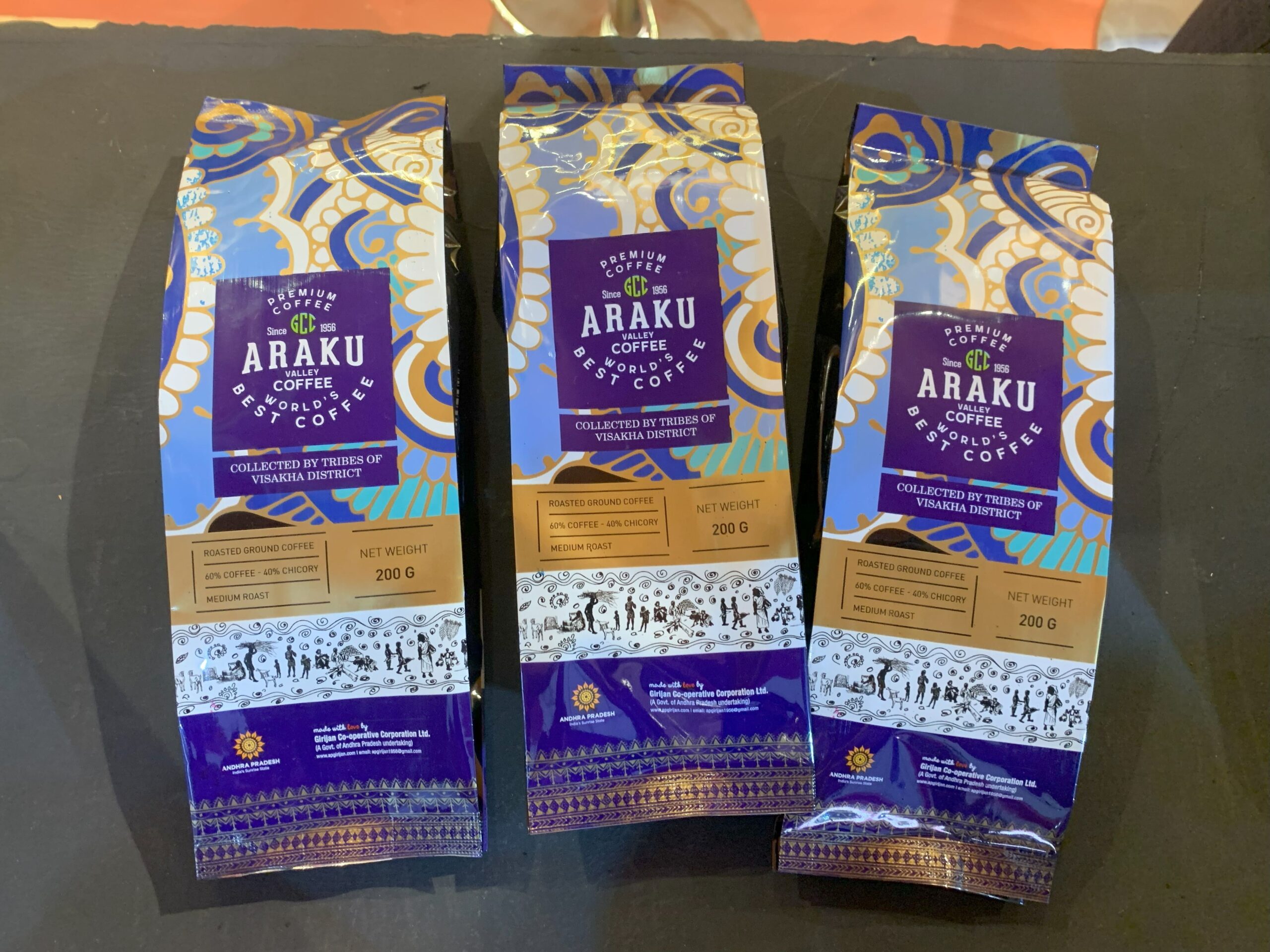Araku Tribal Coffee and Socio-Economic Status

The Araku Valley situated in the Eastern Ghats of India, is renowned for its tribal communities and coffee cultivation.
This picturesque valley, about 112 Kms from its District headquarter Vishakhapatnam and its “certified as the largest organic coffee plantation in the world” along with adjacent district Koraput of Odisha.
This falls under Non-tradition area identified by the Coffee Board of India and others are Odisha and North eastern states.
The coffee was firstly introduced in Andhra Pradesh in 1898 by Mr Brodi, a Britisher in Pamuleru valley of East Godavari District and its in 1950 it was introduced in the Araku Valley¹.
“Renowned for its exquisite fusion of luscious fruit notes entwined with the velvety embrace of caramel and a captivating finish of bittersweetness, Araku coffee attains an exceptional score of 88-90—the highest accolade on a quality scale of 100 as designated by the Specialty Coffee Association, solidifying its place as a world-class, unparalleled delight for coffee connoisseurs.”
Tribal coffee growing regions:

The role of GCC in coffee market:
The GCC (Girijana Co-operative Corporation )is plays only a facilitative role for Coffee harvesting and the marketing in the tribal area of ASR District and covering all the tribal coffee growers, providing subsidy to the tribal for pulping process machines,curing unit, awareness of production practices and quality among the coffee growers.
The GCC has been earning 200 million (INR) from sales of raw coffe beans,filter/instant coffee by every year ②
GCC procures 1MT to 1.5MT of coffee beans from more than 3000 farmers in Paderu divisions alone.
Socio economic status:
The socioeconomic status of tribal coffee workers is a critical aspect that plays a pivotal role in shaping the overall well-being of these communities. In the vast expanse of coffee plantations, nestled in the heart of nature, a significant population belonging to tribal groups engages in the cultivation and harvesting of coffee beans. Despite their indispensable contribution to the coffee industry, these tribal workers often find themselves on the fringes of economic and social development.
Importance of socioeconomic empowerment:
Socioeconomic empowerment is crucial for tribal coffee workers as it not only enhances their individual lives but also contributes to the overall development of the community and the nation. By improving access to education, these workers can acquire the skills necessary for better employment opportunities, breaking the chains of generational poverty. Improved healthcare facilities and awareness can lead to a healthier and more productive workforce. Furthermore, increased financial literacy can empower them to make informed decisions, fostering economic independence.
Need awareness about social assistance schemes of both State and Central Govt:
The workers in the coffee plantation, primarily from tribal communities, lack awareness about the social welfare initiatives provided by both the state and central governments to support the economically disadvantaged. Consequently, it is crucial for Owners/Banks/GCC/NGOs to foster awareness and facilitate access to these programs, thereby enhancing the quality of life for tribal workers.
Establishing partnerships between NGOs and the Tribal coffee planters can facilitate the implementation of skill development programmes, healthcare services and education initiatives.
Conclusion:
In summary, prioritizing the improvement of the socioeconomic condition of tribal coffee workers is essential to cultivate sustainable development. Surmounting the obstacles, they encounter and advocating for awareness, education, and economic empowerment can generate a beneficial domino effect, reaching far beyond individual lives to uplift entire communities. It is a shared duty among governments, financial institutions, non-governmental organizations (NGOs), and corporate entities to cooperate and execute endeavours that guarantee the comprehensive advancement of tribal coffee workers, thereby fostering a more just and flourishing society.
